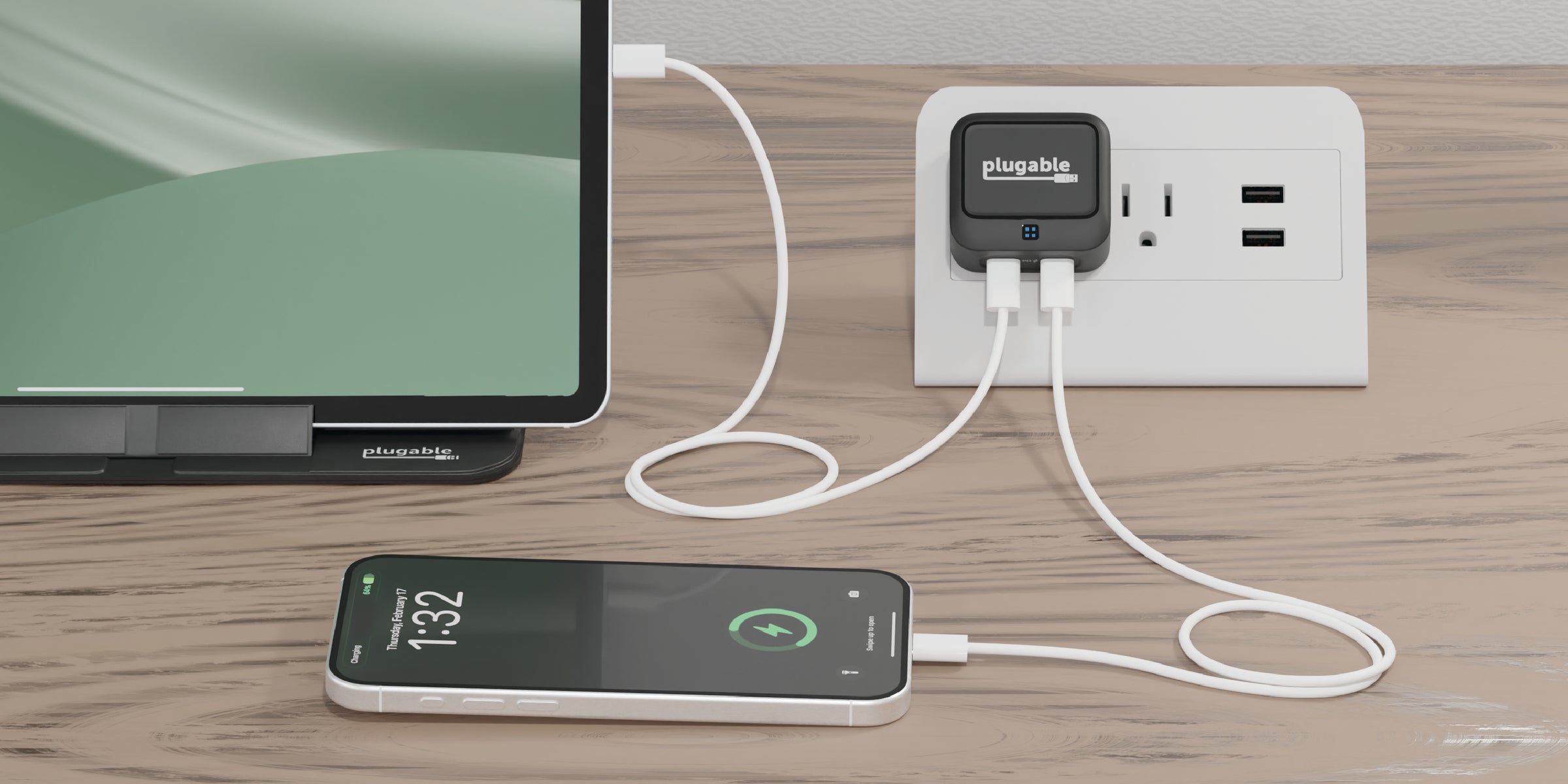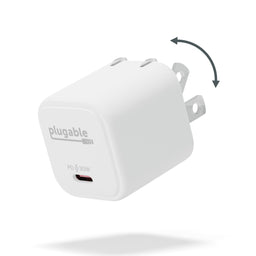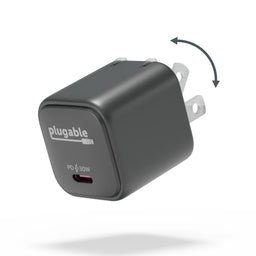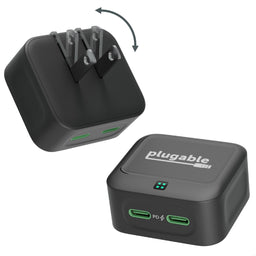Advantages of PPS USB-C Power Delivery Charging
Product Owners | June 12, 2024
USB-C Power Delivery (PD) charging offers many great features to safely and efficiently charge various USB-C devices that can take advantage of the ubiquitous charging standard. However, it isn’t well known that not all USB-C charging over PD is the same– for some devices, a lesser known and optional subset of the PD Revision 3.0 charging standard called ‘PPS’ can make a substantial difference in charging efficiency and charge time.
What is PPS

Simply put, PPS stands for Programmable Power Supply, allowing for variable, on-the-fly changes in current and voltage that fall outside of the normal, fixed PD charge rates. PPS works like normal USB-C PD, where the charging process involves two-way communication between the charger and the device to negotiate charging rates. Still, for PPS, these electrical charge rate changes occur much more often (about every 10 seconds) and can occur in increments of just fractions of a volt and amp to offer fine current control (steps of 0.02V and 0.05A). This is done to charge the attached device at the most efficient voltage and amperage combination possible and not be constrained by a fixed rate. This not only helps to charge the device faster, but it can help to reduce heat generation, and even extend battery health.
Not all devices support PPS, but adoption is growing, particularly on flagship smartphones. So, it’s important to check if your device requires PPS for the fastest charge or can at least take advantage of the other benefits that PPS offers. Some popular devices that can benefit from PPS include:
- Google Pixel 8, 8 Pro
- Google Pixel 7, 7 Pro
- Google Pixel 6, 6 Pro
- Samsung Galaxy S24 series
- Samsung Galaxy S23 series
- Samsung Galaxy S22 series
- Samsung Galaxy S21 series
- Samsung Galaxy S20, S20 Ultra
- The Galaxy Z Fold 5
- The Galaxy Z Fold 4
- The Galaxy Z Fold 3
- Samsung Note10, 10+
These devices will charge at their fastest rate when using a PPS-capable charger. Devices that do not support PPS will still charge from a PPS-compatible USB-C charger but will be unable to take advantage of the additional features PPS can offer.
Whether or not your current (ha!) device supports PPS, your next one very well might, so it’s a great future-proof feature to look for when shopping for your next charger. Plugable currently offers a 30W GaN charger (PS-30C1B and PS-30C1W) that is capable of charging devices using PPS from 3.3V to 11V, up to 2.7A and we have also just launched a new 40W dual-port charger (PS-40C2B and PS-40C2W) that also offers PPS from 3.3V to 11V, up to 3A. In our testing we’ve seen that the Google Pixel 8 Pro will charge from 0 to 50% in less than 30 minutes while utilizing PPS charging from either of our charger models.




View Other Articles in Category


Loading Comments